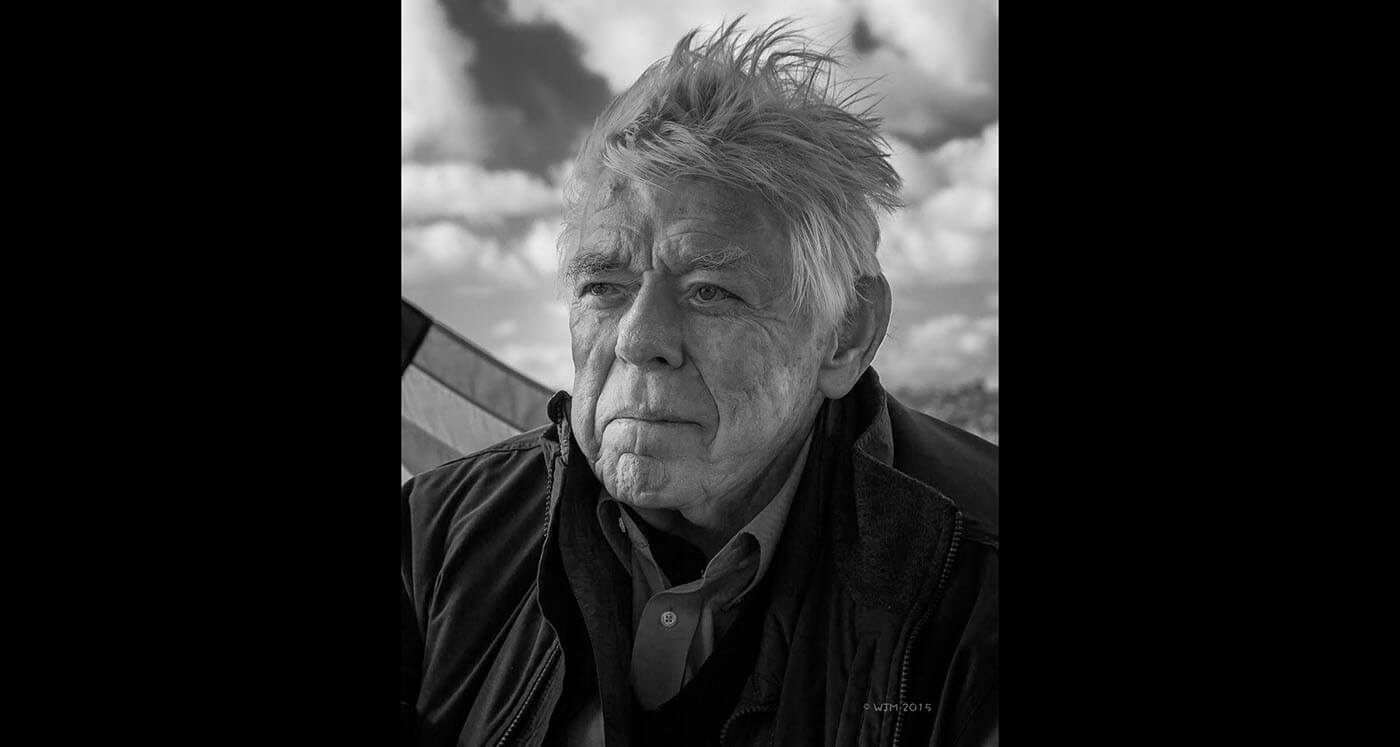Richard A. “Dick” McCormack, a commanding figure in the energy industry for five decades, died last month aged 90.
When I first met Dick, I felt, “That is an executive; that is a leader.” It was a feeling I had no occasion to change after nearly 50 years of friendship and shared adventures.
We met, as I recall, at a press event in 1973 at the Georgetown Club in Washington. Dick was a young vice president at Combustion Engineering, then a major presence in steam technology and the burgeoning nuclear industry. The others were Westinghouse, General Electric, and Babcock & Wilcox.
It was a bustling, vibrant time for the nuclear industry. Dick, a Stevens Institute of Technology engineering graduate who had served as a Navy officer, was in the business of selling power plants.
Two of his sales stand out: the twin San Onofre nuclear reactors in California and the Ravenswood fossil fuel-fired plant in Long Island City, New York. Those sales were in the time of the energy crises and all energy was good.
Dick was tall and good looking in a man’s-man kind of way. His grin was emblematic of his whole can-do persona: It was the grin that made you feel everything was possible. The force of his presence was such that people wanted to be on his team, help with his projects, and be in his company. Dick made everyone feel important.
He was lured away from Combustion Engineering in 1974 to become president of General Atomic Power Systems Company, then owned by Gulf Oil and Royal Dutch Shell. Nuclear power was a hot ticket and the oil companies wanted in on it.
General Atomic was promoting gas-cooled reactors, and the future looked bright for what many believed would be a winning technology.
Nuclear power lost its sheen after the Three Mile Island accident in 1979. Dick left General Atomic and began a life as a serial entrepreneur, mostly in cutting-edge energy projects, including energy storage through chemical reactions, utility plant safety, and green renovation of homes.
His consulting included a massive study of gas-cooled reactor technology for the Department of Energy. I worked with Dick and David Fishlock of The Financial Times on the executive summary.
We worked together on two other projects. The first was an attempt to bring independent and dependable facts and analyses to the ongoing energy crisis in the 1970s. We conceived an energy institute which would be a repository of facts. Irrefutable truths.
It was a time of wild conspiracy theories about energy and its technologies. Ralph Nader, for example, said nuclear reactors could burst open like rotten melons. Others said there would be incredible mutations near reactors, with two-headed babies for starters. It was believed that the oil companies had flotillas of tankers lying off the East Coast, waiting for prices to rise. Also, it was believed that the oil companies were inhibiting water vapor technology that would double the mileage for any car.
Dick and I went about raising money for the institute. We visited C-suites of oil companies, electric utilities and their suppliers. We got turned down repeatedly, but Dick always cherished the idea.
I am glad to say that the DOE’s Energy Information Administration performs today much as we had hoped the institute would.
Another project of ours involved Dick’s desire to launch a newspaper in Hartford, Connecticut. I was a director and small investor.
Dick believed in whatever he was working on no matter its chances of success. Those who joined the newspaper project were swept along, including Harold Evans, the legendary editor of the British daily newspaper The Times. Those who joined the newspaper project were swept along, including Harold Evans, the legendary editor of The Times, the British daily newspaper. When I visited Evans at the newspaper’s offices in London, he said, “Any friend of Dick’s is a friend of mine.” He, too, had been swept along, although he knew little about Hartford or American newspaper publishing.
None of us regretted our investments or the hours we put into that project. Working with Dick was payment enough.
He ended his extraordinary career working in association with U.S. Generating. Throughout his life, he supported many charities and even helped resettle Syrian refugees.
He adored his wife and big family: five sons, one daughter, eight grandchildren, and five great-grandchildren. His namesake son worked for me in Washington as an outstanding editor and reporter on my newsletters. I count him as dear a friend as I counted his father.
In Dick, the energy world had a general who sometimes served as a foot soldier.

 Follow
Follow
🥰